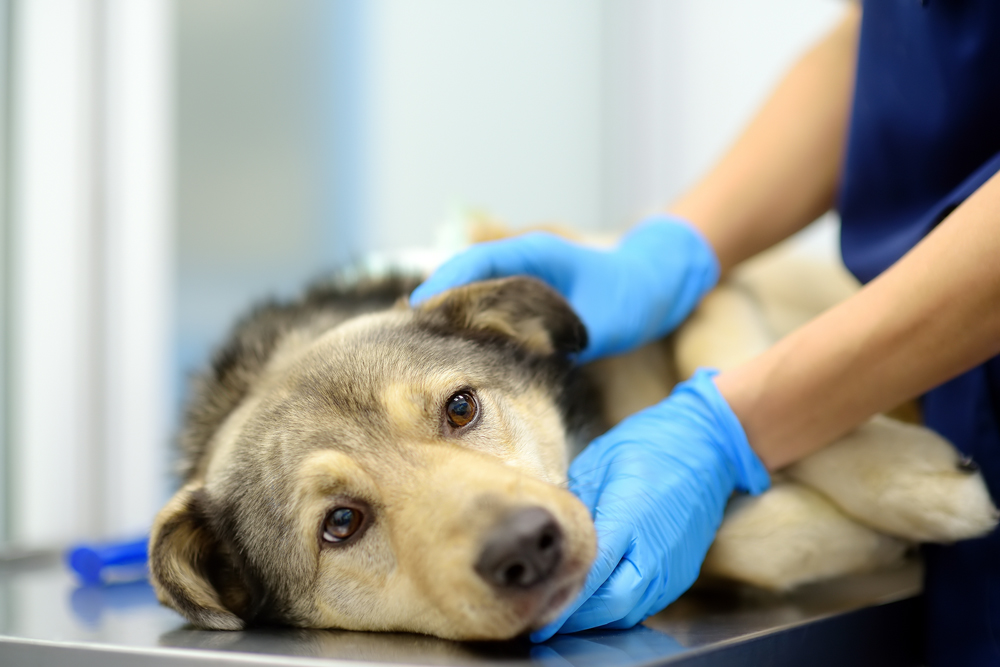Temporary Veterinary work, often referred to as relief or locum work, is a dynamic and vital component of the Veterinary profession. This form of employment allows Veterinary professionals to step into roles for a limited duration, providing care when permanent staff are unavailable due to vacations, illness, maternity leave, or staffing shortages.
Temporary Veterinary work has grown in popularity and importance in recent years due to its flexibility and the increasing demand for Veterinary services. For many practitioners, it offers an opportunity to gain diverse experience, maintain a better work-life balance, or explore different regions and practices.
The Role of Temporary Veterinary Workers
Temporary Veterinary workers, whether veterinarians, technicians, or assistants, play a critical role in ensuring uninterrupted patient care. Their responsibilities typically mirror those of permanent staff, including diagnosing and treating animals, performing surgeries, managing emergencies, and providing client education. Relief veterinarians may also handle administrative tasks, such as updating patient records and overseeing the work of support staff.
The ability to adapt quickly to different clinic environments and protocols is a key skill for temporary Veterinary professionals. Each practice may have unique equipment, software systems, and workflows, and a successful relief worker must be able to navigate these variations with ease. In addition, they must integrate seamlessly into existing teams, maintaining high standards of care while respecting the established culture of the practice.
Benefits of Temporary Veterinary Work
One of the primary benefits of temporary Veterinary work is flexibility. Professionals can choose assignments that align with their schedules, allowing them to take extended breaks or travel between jobs. This freedom is particularly appealing to those seeking a better work-life balance or who have personal commitments that make traditional full-time employment challenging.
Temporary roles also offer opportunities for professional growth and development. By working in various settings, relief workers can gain exposure to different types of cases, equipment, and management styles. This diversity enhances their skills and broadens their knowledge base, making them more versatile practitioners. Furthermore, temporary work often leads to networking opportunities, as professionals build relationships with colleagues and employers across the industry.
Another advantage is the potential for higher earnings. Temporary Veterinary positions often pay competitive hourly or daily rates, especially for those with specialized skills or experience. While the financial benefits can be significant, they must be weighed against the lack of benefits typically associated with temporary roles, such as health insurance and retirement plans.
Challenges of Temporary Veterinary Work
Despite its advantages, temporary Veterinary work comes with its own set of challenges. The nature of short-term assignments can lead to instability, as professionals may need to frequently search for new opportunities. This unpredictability can be stressful, particularly for those who rely on a steady income.
Another challenge is the need to adapt quickly to new environments. Relief workers often have limited time to learn a clinic’s systems, protocols, and client expectations. This can be daunting, especially in high-pressure situations or during emergencies. Effective communication and problem-solving skills are essential to overcoming these hurdles.
In addition, temporary Veterinary work can be isolating. Building strong, long-term relationships with colleagues and clients is more difficult when assignments are short-lived. Relief workers may also miss out on the camaraderie and sense of belonging that come with being part of a permanent team.
Navigating the Logistics of Temporary Work
For those considering temporary Veterinary work, careful planning and organization are crucial. Professionals must maintain up-to-date licensure in the states or regions where they intend to practice. This often involves meeting continuing education requirements and staying informed about local regulations.
Finding assignments can be facilitated through staffing agencies, online job boards, and professional networks. Some relief workers prefer to operate as independent contractors, while others work through agencies that handle scheduling and payroll. Each approach has its own advantages and considerations, such as tax implications and the level of control over work schedules.
Relief workers also need to manage their own business expenses, including transportation, lodging, and malpractice insurance. Many choose to invest in portable equipment, such as stethoscopes and scrubs, to ensure they are prepared for any assignment. Maintaining detailed records of income and expenses is essential for tax purposes and financial planning.
Temporary Veterinary Work in Different Settings
Temporary Veterinary work is available in a wide range of settings, each offering unique experiences and challenges. Small animal clinics, for example, may require relief workers to manage routine wellness exams, diagnostics, and surgeries. Emergency and specialty hospitals often demand a higher level of expertise, as cases can be complex and time-sensitive.
Relief opportunities also exist in large animal and equine practices, where veterinarians may travel to farms or stables to provide care. These assignments often require physical stamina and knowledge of species-specific conditions. In addition, temporary roles are available in academic institutions, nonprofit organizations, and government agencies, allowing professionals to explore alternative career paths.
Balancing Personal and Professional Life
One of the key attractions of temporary Veterinary work is the potential for a better work-life balance. By selecting assignments that align with their personal goals and priorities, professionals can create a schedule that accommodates their lifestyle. Some choose to take extended breaks between assignments to travel, pursue hobbies, or spend time with family.
However, achieving balance requires careful time management and self-discipline. Relief workers must establish boundaries to avoid overcommitting or experiencing burnout. This may involve setting limits on the number of hours worked per week or ensuring adequate rest between shifts. It is also important to prioritize self-care, including regular exercise, healthy eating, and mental health support.
The Future of Temporary Veterinary Work
The demand for temporary Veterinary workers is expected to grow as the profession continues to face staffing shortages and an increasing caseload. Many practices rely on relief workers to maintain continuity of care and prevent staff burnout. Advances in technology, such as telemedicine and remote work platforms, are also expanding the opportunities available to temporary professionals.
In response to this growing demand, more resources are becoming available to support relief workers. Professional organizations and online communities provide networking opportunities, continuing education, and guidance on navigating the unique challenges of temporary work. In addition, staffing agencies are refining their services to better match professionals with assignments that meet their skills and preferences.
Temporary Veterinary work is a rewarding and versatile career option that offers numerous benefits, including flexibility, diverse experiences, and competitive compensation. While it presents certain challenges, such as instability and the need to adapt quickly, these can be managed with careful planning and effective communication. As the Veterinary profession evolves, temporary work will continue to play a vital role in meeting the needs of both practices and patients. For those who value variety and autonomy, relief work provides an opportunity to thrive while making a meaningful contribution to animal health and welfare.

